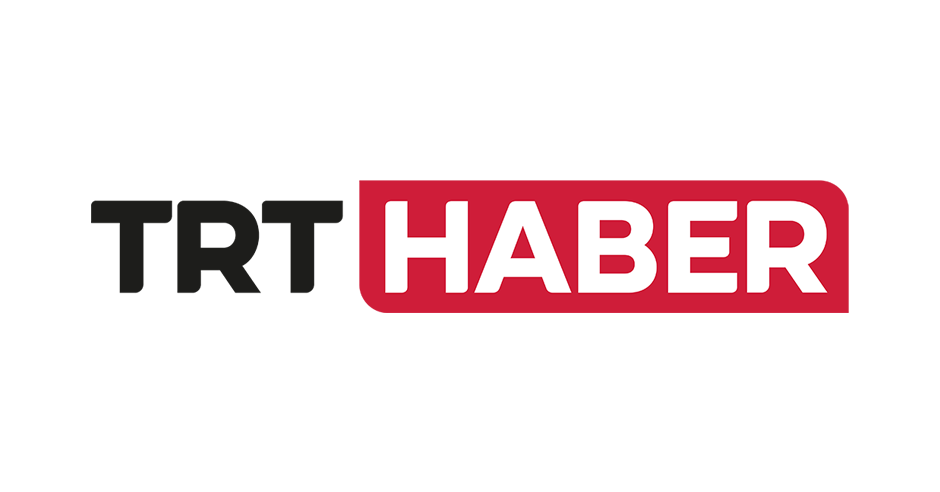In a recent development in Turkey, the government has introduced new regulations aimed at combating online misinformation and fake news. The move comes as part of a broader effort to address the proliferation of false information on the internet and social media platforms. Under the new rules, social media companies with more than one million daily users must appoint a local representative in Turkey to address concerns related to content removal and data protection.
The Turkish government has stated that the regulations are necessary to protect the country’s national security and public order. However, critics argue that the new rules could be used to censor legitimate speech and suppress dissenting voices. Some fear that the government could use the regulations to crack down on journalists, activists, and opposition figures who criticize the ruling party.
The new regulations have sparked debate both within Turkey and internationally. Human rights organizations have expressed concern over the potential impact on freedom of expression and the right to access information. The European Commission has also raised concerns about the regulations, warning that they could undermine the principles of the rule of law and democracy.
Social media companies have been given a deadline of early January to comply with the new regulations. Failure to do so could result in fines, bandwidth reductions, or even blocking of their services in Turkey. Several companies, including Facebook, Twitter, and YouTube, have already taken steps to comply with the regulations by appointing local representatives in the country.
The government’s move to regulate social media comes amid growing concerns about the spread of misinformation and fake news online. Turkey has faced challenges in recent years with the proliferation of false information, particularly during election periods and times of crisis. The new regulations are seen as a way to address these issues and ensure that accurate and reliable information is disseminated on social media platforms.
While the government argues that the regulations are necessary to protect national security and public order, critics warn that they could be used to stifle dissent and suppress free speech. The debate over the new regulations is likely to continue in the coming months as social media companies work to comply with the new rules and as civil society organizations monitor the impact on freedom of expression in Turkey.


